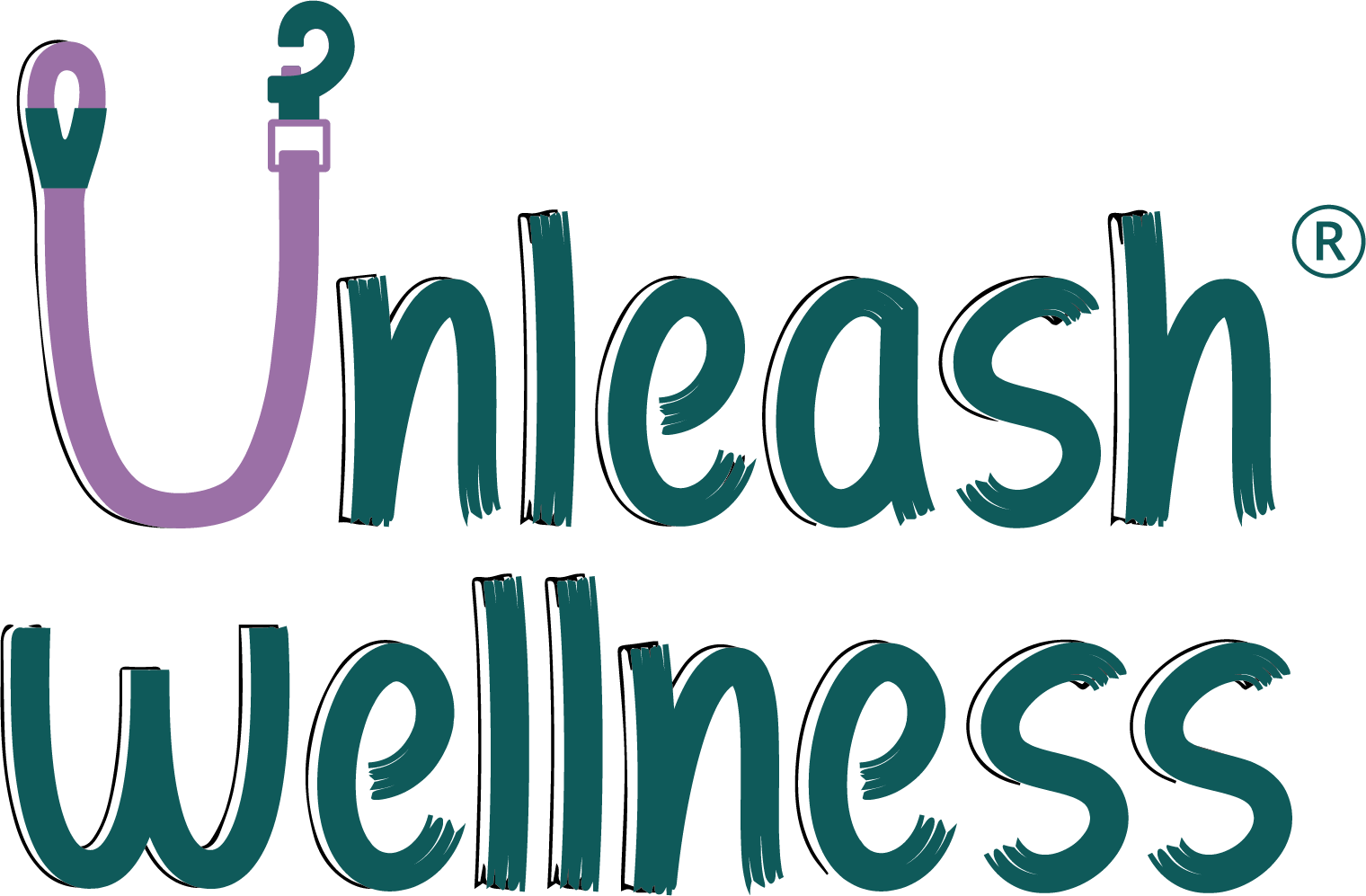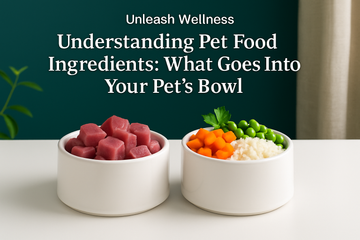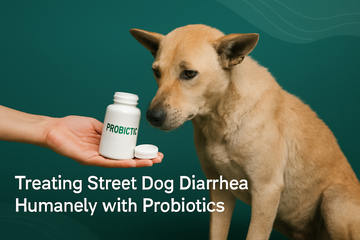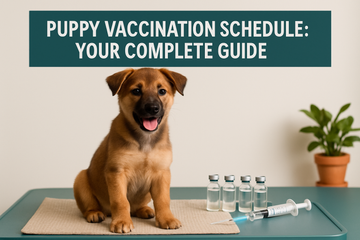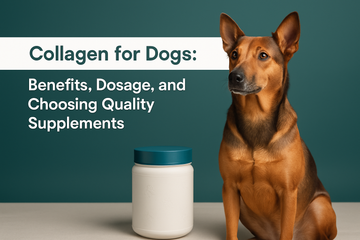Pet food ingredients form the foundation of your furry friend's health and wellbeing. With growing awareness among Indian pet parents about ingredient quality and their impact on pet health, understanding ingredients helps make informed choices for specific pet needs. Unleash Wellness is committed to holistic pet nutrition and health.
Common Pet Food Ingredients and Their Nutritional Value
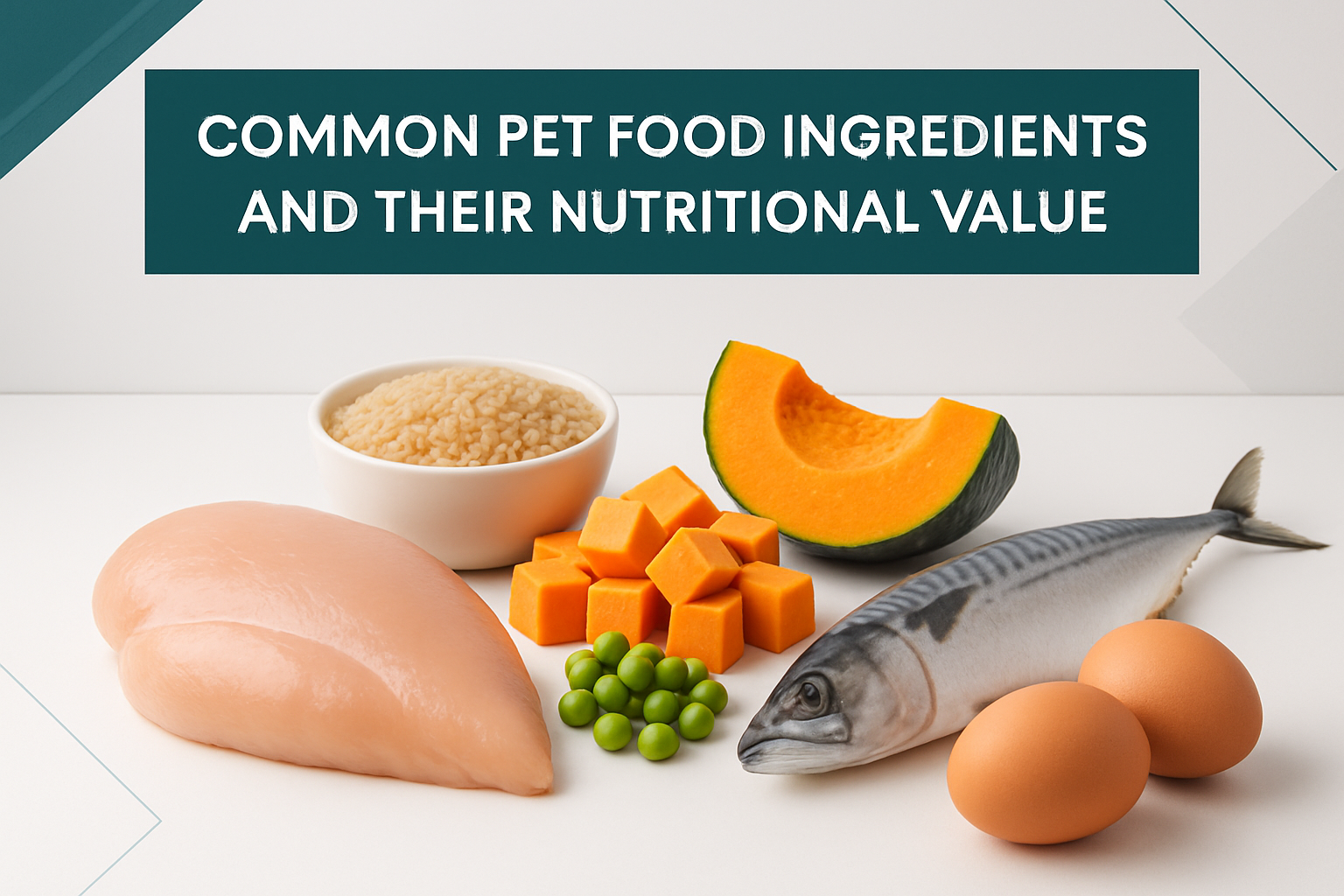
Understanding what goes into your pet's food bowl is essential for maintaining their health. Common pet food ingredients and their nutritional value vary widely, with each component serving specific functions in your furry companion's wellbeing. Let's explore these vital nutritional building blocks that power your pet's daily activities and long-term health.
Protein Sources: Building Blocks for Health
Protein serves as the foundation of your pet's diet, supporting muscle development and immune function. Common pet food ingredients and their nutritional value start with quality protein sources that determine overall food efficacy. Animal-based proteins like chicken, beef, lamb, and fish deliver complete amino acid profiles that are highly bioavailable for your pet's system. These complete proteins contain all essential amino acids your pet needs but cannot produce themselves.
Plant-based protein alternatives such as peas, lentils, and chickpeas have gained popularity, especially in specialized diets. However, they typically provide incomplete amino acid profiles and may require careful combination to meet your pet's nutritional needs. For optimal health, pets require a balance of high-quality proteins that support tissue repair, enzyme production, and hormone regulation.
Carbohydrates and Fiber: Energizing Your Pet
Carbohydrates fuel your pet's daily activities while fiber supports digestive health. When examining common pet food ingredients and their nutritional value, carbohydrate sources like brown rice, oats, sweet potatoes, and barley provide sustained energy without rapid blood sugar spikes. These complex carbohydrates break down gradually, helping maintain consistent energy levels throughout the day.
Dietary fiber, found in ingredients like pumpkin, beet pulp, and psyllium, promotes gut motility and supports beneficial gut bacteria. The right balance of soluble and insoluble fiber helps prevent constipation, regulates stool consistency, and can aid weight management by creating a feeling of fullness. For pets with sensitive digestive systems, moderate amounts of high-quality fiber can make a significant difference in comfort and overall gut health.
Essential Fats and Oils: Supporting Overall Wellness
Healthy fats play a crucial role in your pet's coat condition, brain development, and cellular function. Among common pet food ingredients and their nutritional value, omega-3 and omega-6 fatty acids stand out for their wide-ranging benefits. Fish oils, flaxseed, and chicken fat provide these essential nutrients that help reduce inflammation, support joint health, and contribute to skin and coat luster.
Medium-chain triglycerides from coconut oil can offer quick energy sources, particularly beneficial for senior pets. Fat-soluble vitamins (A, D, E, and K) require these dietary fats for proper absorption and utilization. The right balance of quality fats ensures your pet maintains proper body temperature, absorbs nutrients efficiently, and develops properly at all life stages.
Identifying Harmful Ingredients in Pet Food
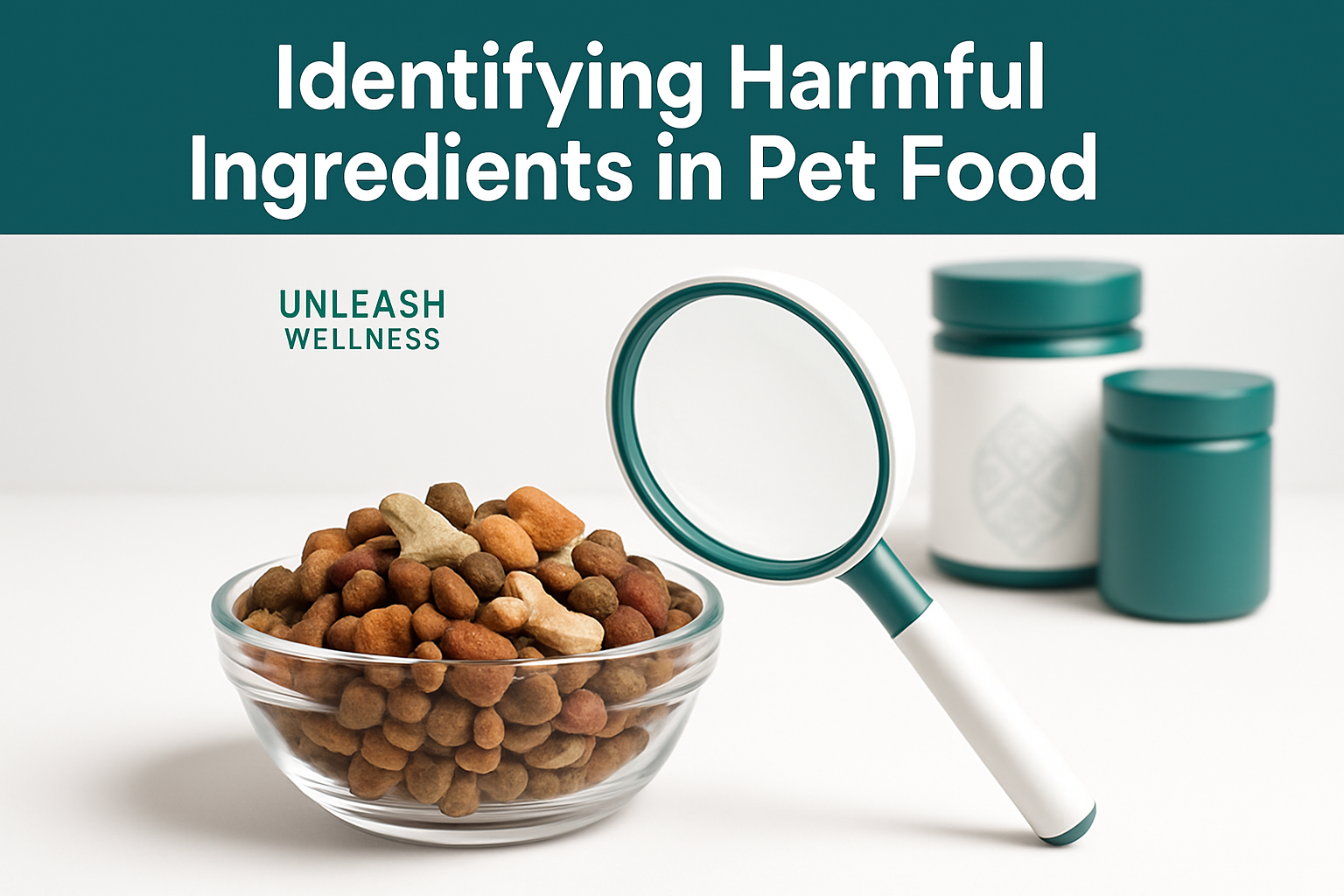
What you feed your pet directly impacts their health, energy, and longevity. Identifying harmful ingredients in pet food is essential for every pet parent who wants to provide optimal nutrition. Many commercial pet foods contain ingredients that may contribute to allergies, digestive issues, and long-term health problems. Let's explore what to watch for on those ingredient labels.
Common Additives to Avoid
The pet food industry often uses preservatives and artificial ingredients to extend shelf life and enhance appearance. When identifying harmful ingredients in pet food, watch for BHA (Butylated Hydroxyanisole) and BHT (Butylated Hydroxytoluene), synthetic preservatives linked to kidney and liver damage in animals. Artificial colors like Red 40, Blue 2, and Yellow 5 offer no nutritional value and may trigger behavioral issues.
Other concerning additives include:
Instead, look for natural preservatives like vitamin E (tocopherols), vitamin C (ascorbic acid), and rosemary extract that provide safer alternatives.
Understanding Food Allergens and Their Signs
Food allergies in pets can develop at any age and manifest in various ways. Common allergens when identifying harmful ingredients in pet food include beef, dairy, wheat, chicken, and soy.
Signs your pet might be experiencing food allergies include:
If you notice these symptoms, consider working with your veterinarian to identify triggers through an elimination diet.
How to Decode Ingredient Labels
Identifying harmful ingredients in pet food requires understanding label terminology. Ingredients are listed by weight, with the highest quantities first. Look for named protein sources (like "chicken" or "lamb") rather than generic "meat" or "animal derivatives."
Quality indicators include:
Remember that marketing terms like "natural" and "premium" aren't regulated in pet food. The ingredient list tells the real story about what's in your pet's bowl.
The Science Behind Quality Pet Food Ingredients
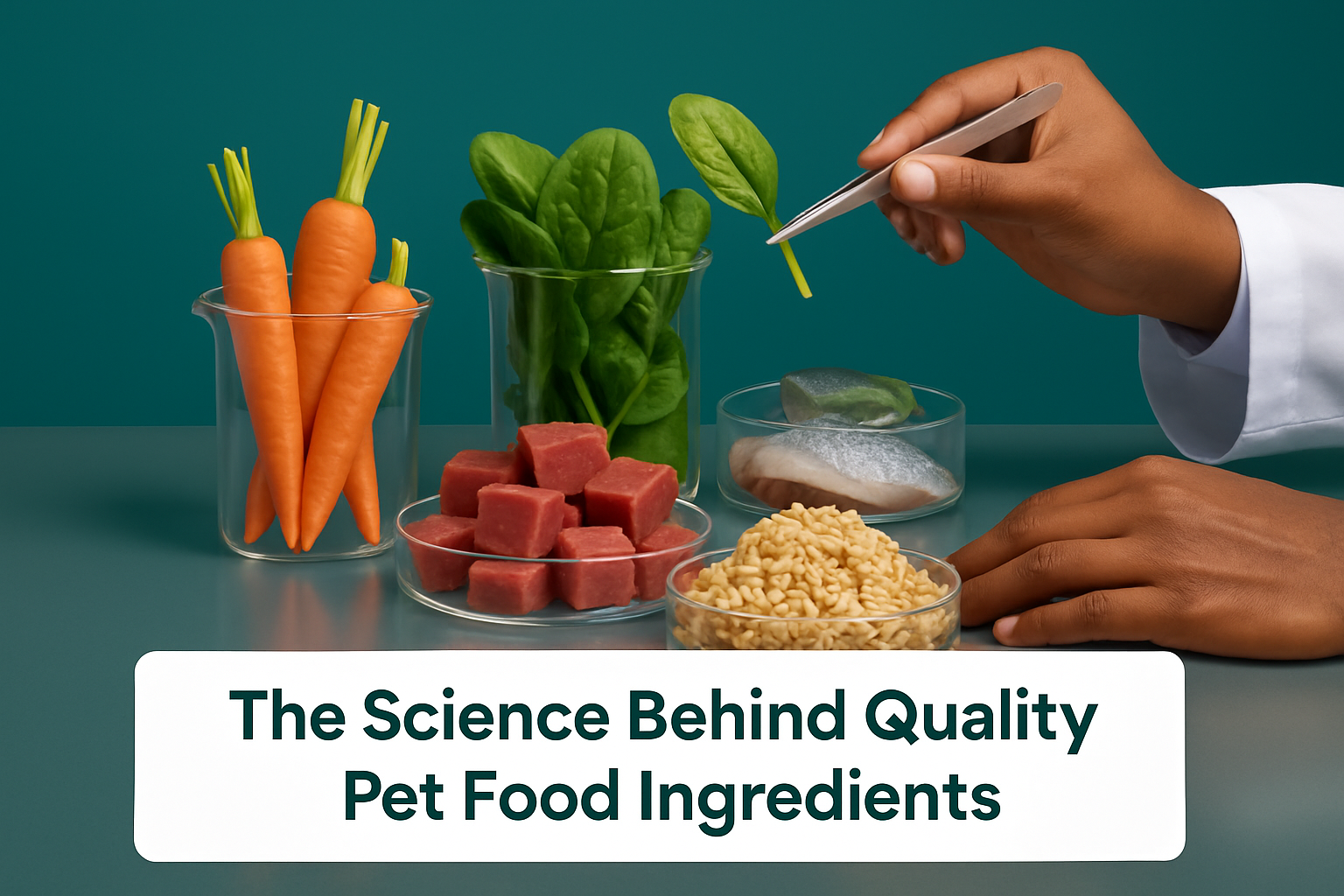
When we examine what makes pet food truly beneficial, the science behind quality pet food ingredients reveals why some products support optimal health while others fall short. Modern nutritional research has transformed how we understand our pets' dietary needs, creating a foundation for truly effective formulations.
Bioavailability of Nutrients and Absorption Factors
The true value of pet food isn't just what's listed on the label—it's how effectively those nutrients are absorbed. The science behind quality pet food ingredients shows that bioavailability is crucial for nutritional effectiveness. Premium ingredients undergo minimal processing to preserve their natural enzyme structures and nutrient profiles.
For example, animal-based proteins typically offer higher bioavailability than plant proteins for carnivorous pets. This explains why digestibility scores vary dramatically between food brands using different protein sources. Factors like particle size, cooking methods, and ingredient combinations significantly impact how well your pet's digestive system can extract and utilize nutrients.
Life-stage Appropriate Ingredients for Different Age Groups
Puppies and kittens require different nutritional profiles than senior pets. The science behind quality pet food ingredients demonstrates that age-specific formulations aren't marketing gimmicks but biological necessities.
Growing pets need higher caloric density, specific amino acid ratios, and proper calcium-to-phosphorus balances to support bone and tissue development. Adult maintenance formulas focus on weight management and organ health. Senior pets benefit from ingredients that support joint health, cognitive function, and easier digestibility. Research shows that providing life-stage appropriate nutrition can extend healthy lifespans by up to 15%.
Breed-specific Nutritional Considerations and Customization
Research into the science behind quality pet food ingredients has revealed that breed characteristics influence nutritional requirements. Large-breed dogs, for instance, benefit from controlled calcium levels to prevent orthopedic issues during growth phases.
Brachycephalic breeds often need easily digestible ingredients to accommodate their unique digestive systems. Breeds prone to specific health issues may benefit from targeted nutrient profiles—like taurine supplementation for certain cat breeds with cardiac concerns. These aren't one-size-fits-all solutions but scientifically supported approaches to breed-specific nutritional optimization.
Understanding these principles helps pet parents make informed choices beyond marketing claims, ensuring optimal nutrition for their beloved companions.
Natural Supplements to Complement Pet Food
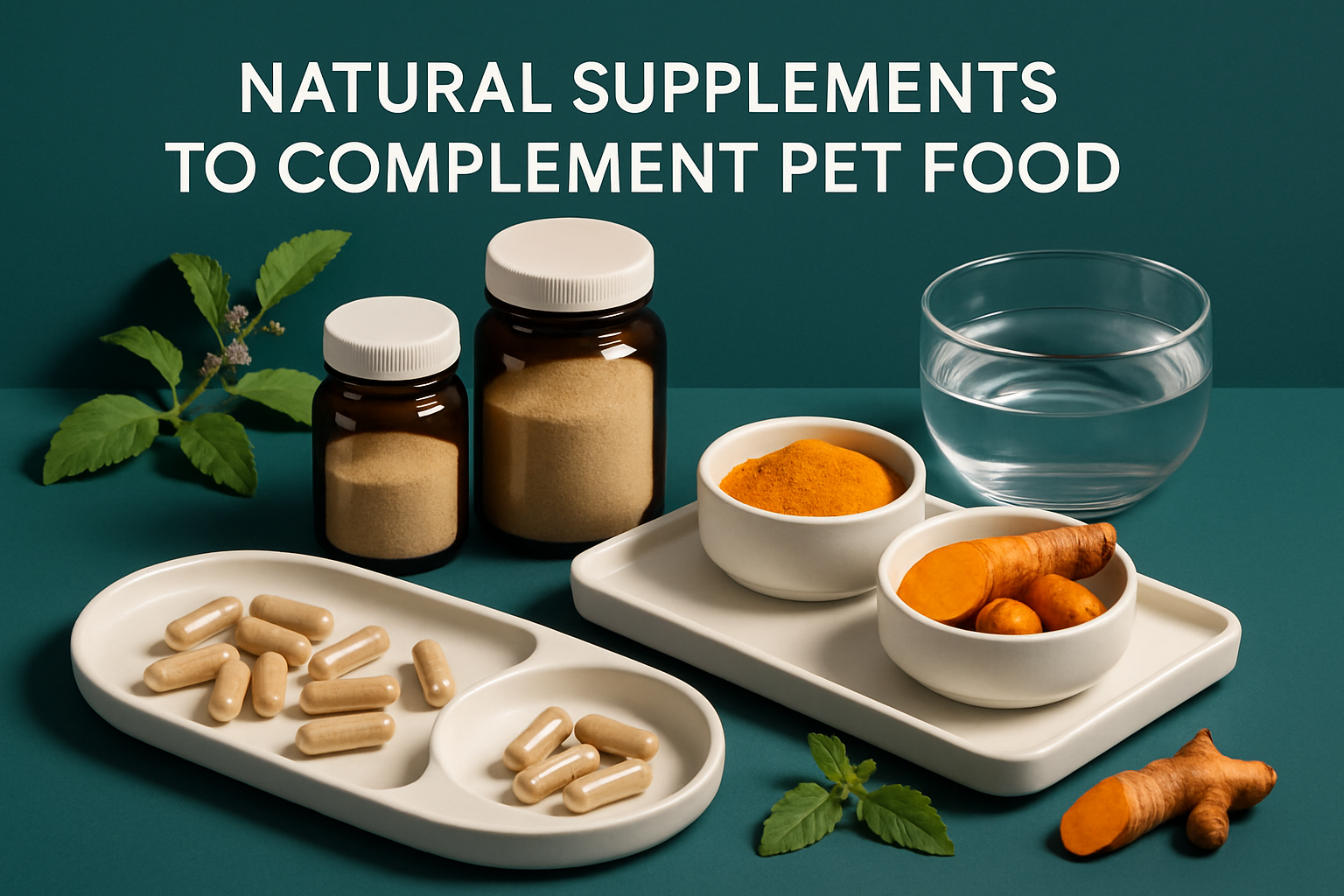
When standard pet food falls short of meeting all your pet's health needs, natural supplements can bridge the nutritional gap. These targeted formulations work alongside daily meals to address specific health concerns and enhance overall wellbeing. Let's explore how natural supplements to complement pet food can transform your pet's health from the inside out.
Supporting Gut Health with Probiotics and Prebiotics
A balanced gut microbiome forms the foundation of your pet's health. Probiotic supplements introduce beneficial bacteria that support digestion and nutrient absorption. These microscopic allies help break down food, produce essential vitamins, and prevent harmful bacteria from colonizing the digestive tract.
Prebiotics work differently but complement probiotics perfectly. These specialized plant fibers feed the good bacteria already present in your pet's gut. Together, prebiotics and probiotics create a synbiotic effect that strengthens the digestive system and improves stool quality.
Research shows that up to 80% of immune function begins in the gut, making these natural supplements to complement pet food particularly valuable. For pets with sensitive stomachs or those recovering from antibiotic treatment, a quality probiotic-prebiotic blend can restore digestive harmony and reduce uncomfortable symptoms.
Natural Ingredients for Coat and Skin Support
Your pet's coat and skin health often reflect their internal wellbeing. Omega-3 and Omega-6 fatty acids from fish oil, flaxseed, or hemp seed deliver essential nutrients that minimize shedding, reduce inflammation, and enhance coat shine.
Other natural supplements like biotin promote keratin production—the protein that forms hair and nails. For pets battling dry, itchy skin, ingredients like evening primrose oil and coconut oil provide relief while supporting the skin's natural moisture barrier.
When choosing natural supplements to complement pet food for coat health, look for products containing combinations of:
- Marine-sourced Omega-3s (EPA and DHA)
- Plant-based essential fatty acids
- Biotin and other B-vitamins
- Vitamin E as a natural antioxidant
Immune System Boosters and Antioxidants
Environmental stressors, aging, and genetic factors can challenge your pet's immune defenses. Antioxidant supplements containing vitamins C and E, selenium, and beta-carotene help neutralize harmful free radicals that damage cells and accelerate aging.
Medicinal mushrooms like reishi, shiitake, and turkey tail contain beta-glucans that stimulate immune response. These powerful natural supplements to complement pet food strengthen resistance to environmental pathogens and support overall resilience.
Herbs such as echinacea and astragalus have demonstrated immune-modulating properties that help pets maintain balanced immune function. When administered during seasonal transitions or times of stress, these supplements can provide extra protection when your pet needs it most.
Conclusion
Understanding pet food ingredients is crucial for your pet's health. Focus on balanced nutrition, make informed choices based on individual needs, and prioritize quality ingredients. Always consult veterinarians for significant dietary changes.
Connect with Unleash Wellness for science-backed, preservative-free, and allergen-free pet nutrition solutions.
